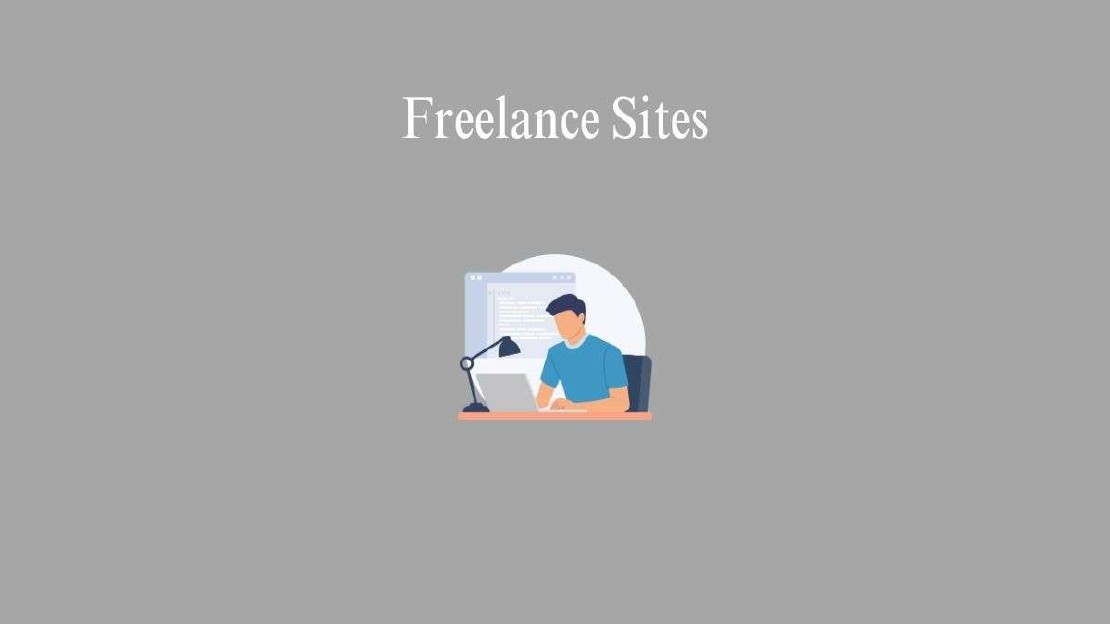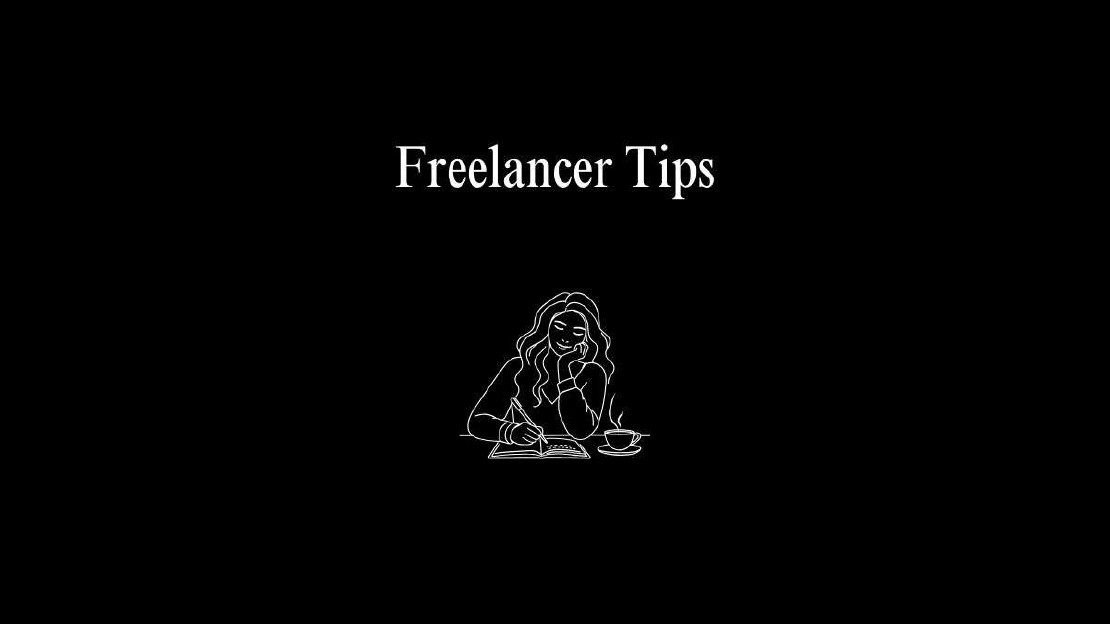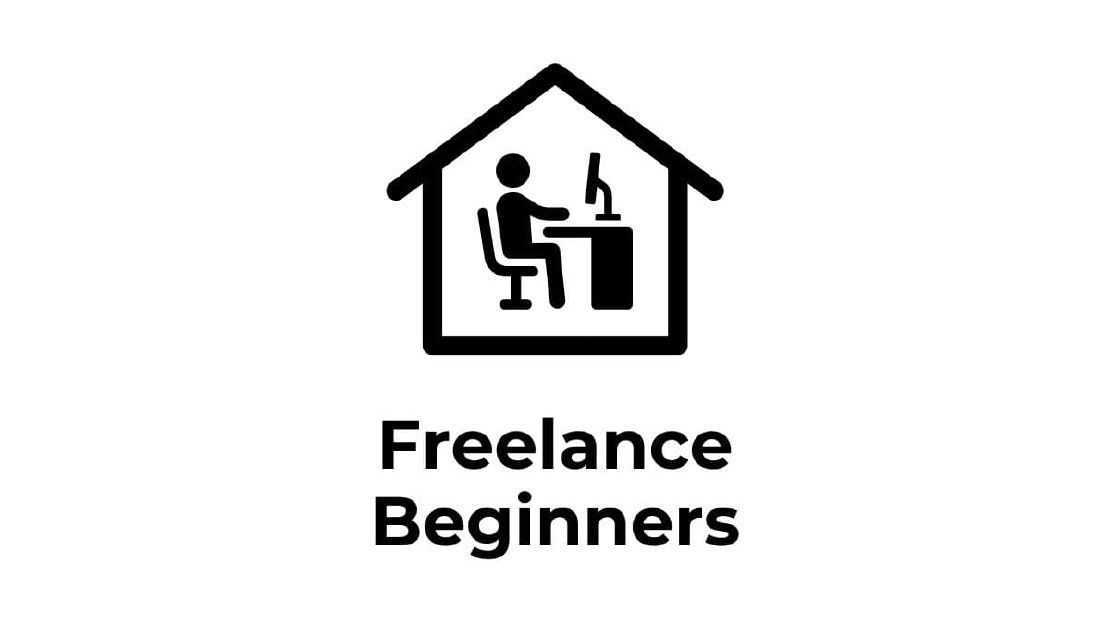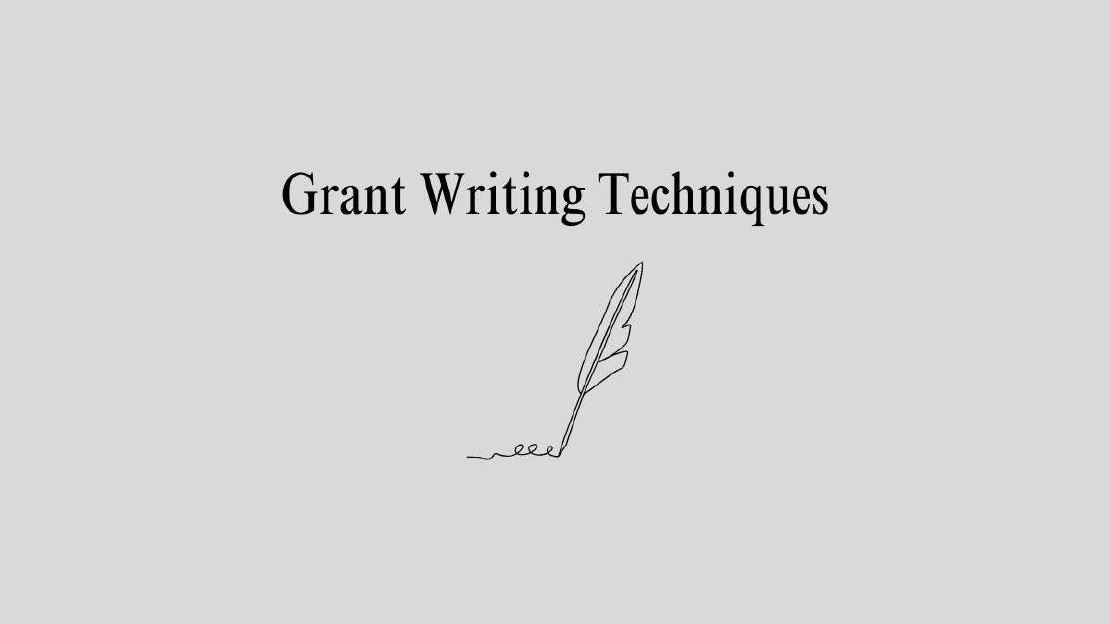Sensational Grant Writing Tips
In today’s nonprofit landscape, securing funding through grants is essential for organizations to achieve their missions and serve their communities effectively. Grant writing is a specialized skill that requires a combination of strategic thinking, effective communication, and a deep understanding of the funding landscape. For professionals who write grants on behalf of clients, whether they are consultants, freelancers, or nonprofit staff members, mastering the art of grant writing is crucial. Lets explore grant writing strategies, tips, and best practices.
Grant Writing Strategies
Before diving into the grant writing process, it’s imperative to thoroughly understand your client’s needs, goals, and priorities. Take the time to engage in meaningful conversations with your client to gain insight into their organization’s mission, programs, target audience, and funding requirements. Understanding the nuances of your client’s work will enable you to tailor your grant proposals to align seamlessly with their objectives, increasing the likelihood of success to generate income on the side through grant writing.
Alternative Side Hustles
Finding funding doesn’t always require extensive grant applications. Here are five quick alternatives
- Crowdfunding Platforms: Use crowdfunding sites like Kickstarter or GoFundMe to raise funds quickly by appealing to the public with a compelling story.
- Local Business Sponsorships: Partner with local businesses for sponsorship in exchange for promotional benefits.
- Angel Investors: Pitch your scalable idea to angel investors who are looking for new opportunities.
- Freelancing Writing Gig Opportunities: Utilize freelance websites to find writing gigs.
- Online Contests: Enter contests and competitions that offer cash prizes for creative ideas or business pitches.
- Gig economy: Find jobs on TaskRabbit or complete quick online surveys to earn immediate cash.
Researching Funding Opportunities
Once you have a clear understanding of your client’s needs, the next step is to identify relevant funding opportunities. Conduct comprehensive research to explore grant opportunities from government agencies, foundations, corporate sponsors, and other sources. Utilize online databases, grant directories, and professional networks to stay informed about upcoming funding cycles and grant deadlines. Narrow down your search to grants that closely match your client’s mission and programmatic focus, ensuring that your efforts are strategic and targeted.
Crafting a Compelling Grant Proposal
How do you create a proposal? Crafting a compelling grant proposal requires a blend of persuasive writing, data-driven analysis, and storytelling prowess. Start by outlining a clear and concise narrative that highlights your client’s mission, impact, and innovative approaches. Articulate the problem your client seeks to address, the solution they propose, and the measurable outcomes they aim to achieve. Back up your narrative with compelling evidence, including statistics, case studies, and testimonials, to strengthen your argument and build credibility with funders.
Structuring Your Proposal
A well-structured grant proposal follows a logical framework that guides the reader through the key components of your client’s project. Begin with a comprehensive executive summary that provides a succinct overview of the proposal’s key elements, including the project’s objectives, methodology, and budgetary requirements. Follow with an introduction that sets the context for the proposal and outlines the significance of the project within the broader field. Then, delve into the specifics of the project, including the goals, activities, timeline, and evaluation plan. Finally, conclude with a compelling closing statement that reinforces the proposal’s strengths and highlights the potential impact of funding.
Emphasizing Impact and Sustainability
Funders are increasingly focused on supporting projects that demonstrate measurable impact and long-term sustainability. As you craft your grant proposal, emphasize the anticipated outcomes and benefits of your client’s project, highlighting the tangible ways in which it will make a difference in the community. Provide concrete metrics and benchmarks to assess progress and evaluate success, demonstrating your client’s commitment to accountability and results. Additionally, articulate a clear plan for sustaining the project beyond the grant period, outlining strategies for resource mobilization, partnership development, and organizational capacity building.
Incorporating Diversity, Equity, and Inclusion
In today’s grant-making landscape, there is growing recognition of the importance of diversity, equity, and inclusion (DEI) in funding decisions. When writing grants for clients, strive to incorporate DEI principles into your proposals by ensuring that your client’s programs and services are accessible, inclusive, and responsive to the needs of diverse communities. Consider how your client’s project will address disparities and inequities within the target population, and articulate strategies for promoting diversity, equity, and cultural competence throughout the project lifecycle. By integrating DEI considerations into your grant proposals, you not only increase your client’s chances of securing funding but also contribute to more equitable and inclusive outcomes.
Collaborating with Stakeholders
Successful grant writing often requires collaboration and partnership with key stakeholders, including board members, staff, volunteers, and community partners. Engage stakeholders early in the grant writing process to solicit input, gather feedback, and leverage their expertise to strengthen your proposal. Encourage active participation from your client’s team members, empowering them to contribute their insights and perspectives to the proposal development process. By fostering a collaborative approach to grant writing, you not only enhance the quality of your proposals but also build trust and buy-in among stakeholders, fostering a sense of ownership and investment in the project’s success.
Reviewing and Editing
Before submitting a grant proposal, it’s essential to thoroughly review and edit the document to ensure clarity, coherence, and consistency. Proofread the proposal carefully to eliminate errors in grammar, punctuation, and spelling, and ensure that all information is accurate and up-to-date. Pay close attention to the formatting and presentation of the proposal, ensuring that it adheres to the funder’s guidelines and requirements. Consider enlisting the help of a peer reviewer or professional editor to provide constructive feedback and identify areas for improvement. By investing time and effort into the review and editing process, you can maximize the effectiveness of your grant proposals and increase your client’s chances of success.
Enhance Your Grant Writing Skills
Writing grants for clients is both an art and a science, requiring creativity, strategic thinking, and attention to detail. By following the strategies, tips, and best practices outlined in this guide, you can enhance your grant writing skills and empower your clients to secure the funding they need to make a meaningful impact in their communities. Remember to approach each grant proposal with diligence, passion, and a commitment to excellence, knowing that your efforts have the power to transform lives and create positive change.
Recent Posts

- Freelancing
Best Freelance Websites Online
This comprehensive guide unveils a curated list of the best freelance websites, serving as a compass for those navigating the expansive gig economy. From …

- Freelancing
Effective Freelancer Tips
Freelancing has become a popular career choice, offering flexibility, autonomy, and the potential for high earnings. However, the path to becoming one of the …

- Freelancing
Freelancer Beginners Guide
Are you tired of the traditional 9-to-5 grind? Do you yearn for the freedom to choose your projects, set your own hours, and work from anywhere in the world? In …
